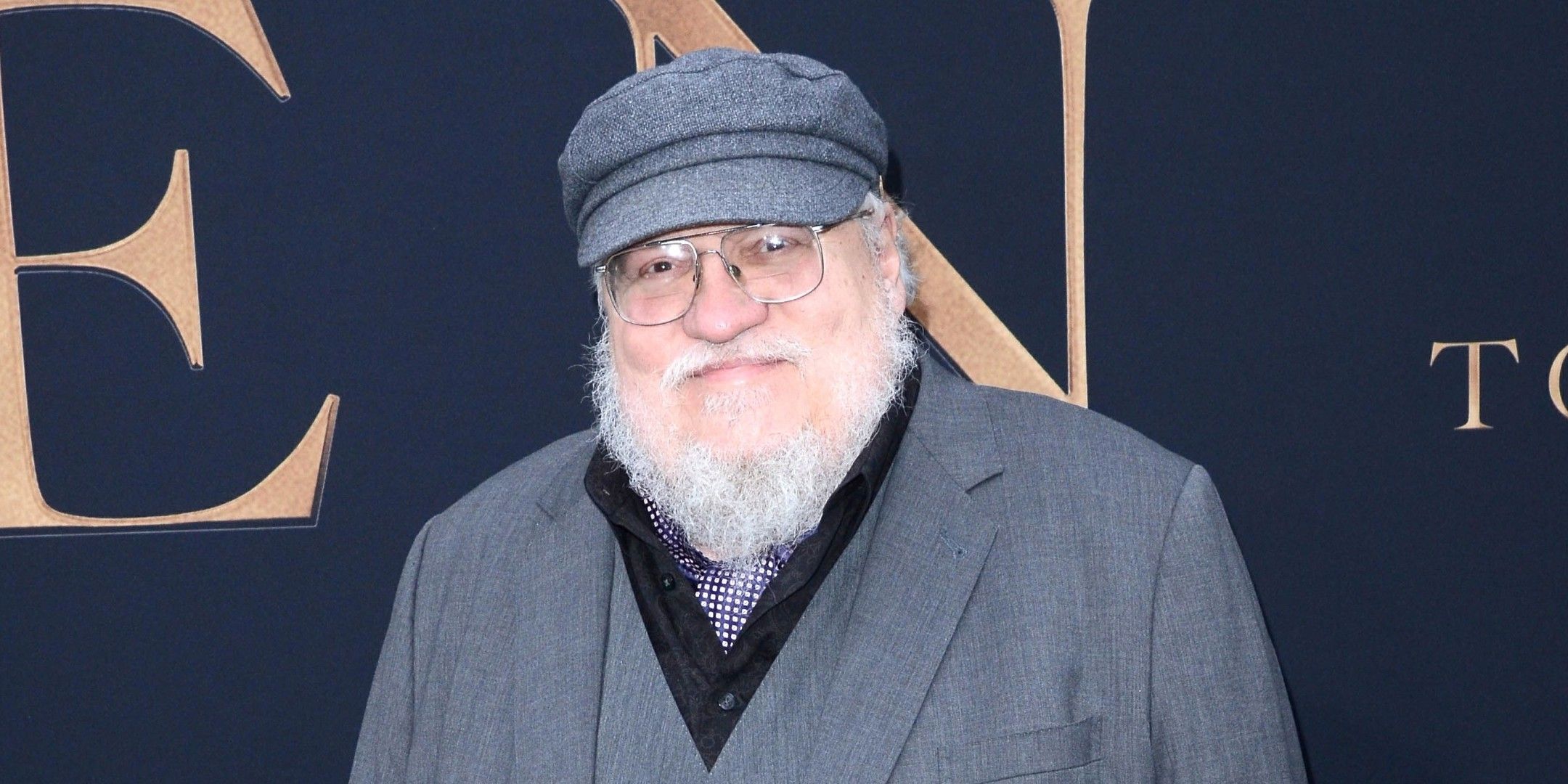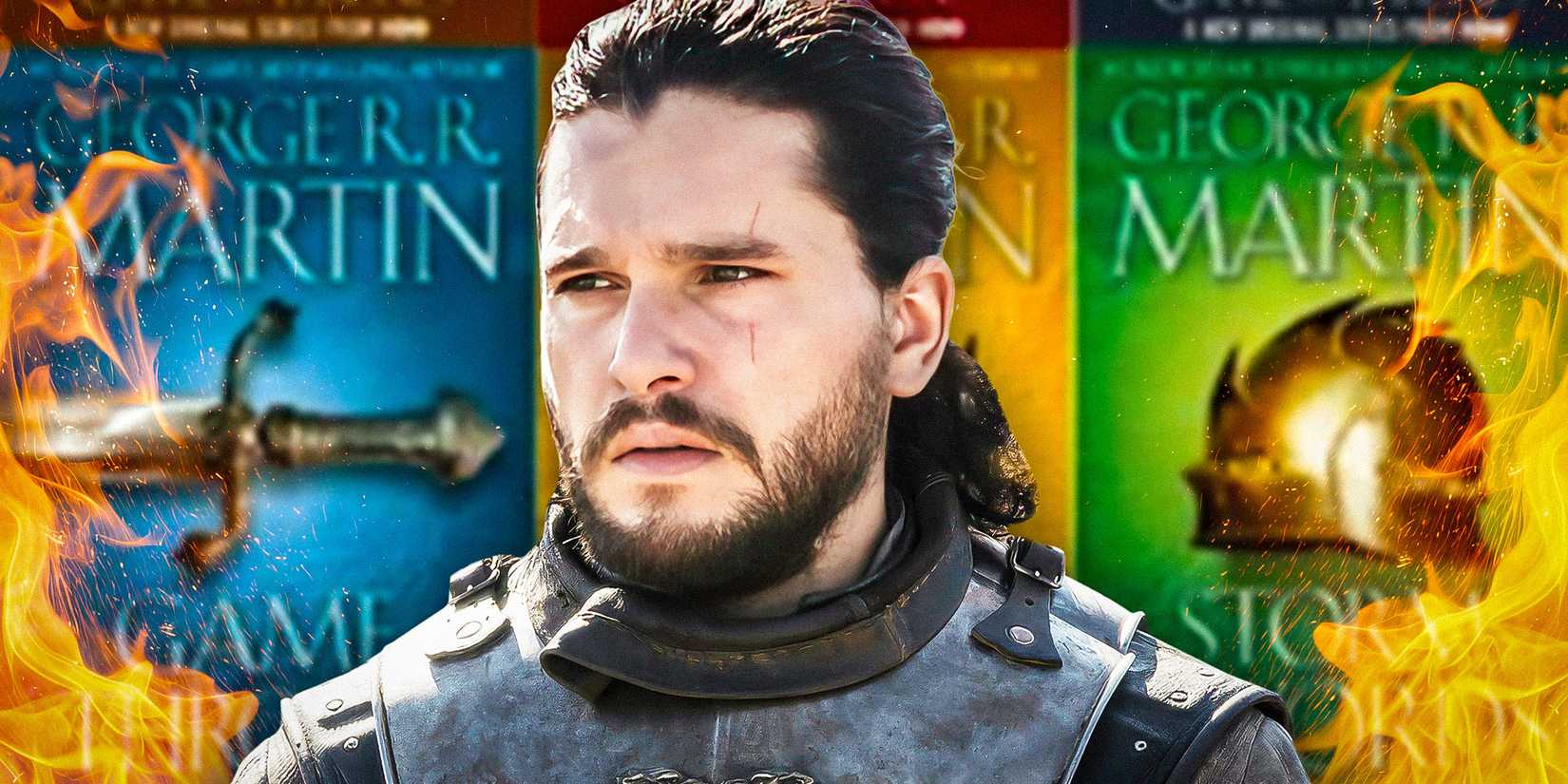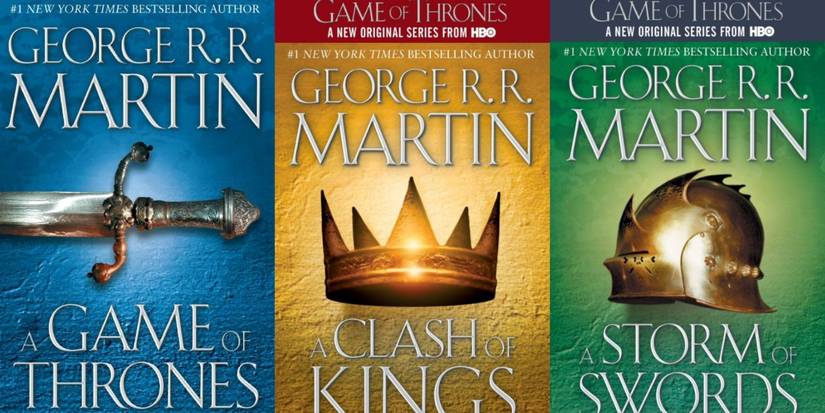
George R.R. Martin has initially won a legal battle related to his work on Game of Thrones. In September 2023, Martin and other authors sued OpenAI, the creators of ChatGPT, alleging that the AI was trained using their books without their consent. They claim this training led ChatGPT to produce text that closely resembles their copyrighted writing.
According to Business Insider, a judge has allowed a lawsuit against OpenAI to move forward. The judge, Sidney Stein, said that an idea created by ChatGPT for a book in George R.R. Martin’s A Song of Ice and Fire series might violate the author’s copyright.
 Custom Image by Yailin Chacon
Custom Image by Yailin Chacon
In a recent 18-page decision, a federal judge in Manhattan stated that a jury could reasonably conclude the questioned material closely resembles the original works. Judge Stein examined one of the prompts shown to the court by the authors’ lawyers as part of the evidence.
The prompt instructed ChatGPT to “write a detailed outline for a sequel to A Clash of Kings that is different from A Storm of Swords and takes the story in a different direction.” ChatGPT replied, “Absolutely! Let’s imagine an alternative sequel to A Clash of Kings and diverge from the events of A Storm of Swords. We’ll call this sequel A Dance with Shadows.”
ChatGPT suggested several plot points, such as the reappearance of an old, dragon-based magic, a challenge to the Iron Throne from Lady Elara, a distant Targaryen relative, and the interference of a secretive group of the Children of the Forest.
Judge Stein decided that ChatGPT provided enough specific details to allow a group of copyright claim plaintiffs to move forward with their lawsuit. However, the judge will decide later if OpenAI can claim “fair use” as a legal defense. OpenAI representatives haven’t yet commented on the ruling.

Just a few months ago, a federal judge in San Francisco ruled that Anthropic’s use of copyrighted books to develop its AI models was considered fair use. Despite this ruling, Anthropic chose to settle a lawsuit brought by authors, agreeing to pay $1.5 billion to those whose work had been used without permission to train its AI.
Martin is one of many authors – including Michael Chabon, Ta-Nehisi Coates, Jia Tolentino, and Sarah Silverman – involved in a class-action lawsuit. They claim that OpenAI and Microsoft used their copyrighted books to train AI language models without permission. The authors argue that tools like ChatGPT can now write in a style very similar to theirs, even copying themes and characters, which creates new works based on their original writing without proper payment or credit.
This court decision is an important step in the discussion about AI and copyright law. By allowing a lawsuit to move forward, the court suggests that authors like George R.R. Martin may be able to sue AI companies for using their writing without authorization. The central question of whether AI tools like ChatGPT violate copyright or fall under fair use will now be decided by the courts, and the outcome will likely set rules for the whole AI industry.
Read More
- Clash Royale Best Boss Bandit Champion decks
- Mobile Legends January 2026 Leaks: Upcoming new skins, heroes, events and more
- Clash Royale Furnace Evolution best decks guide
- Vampire’s Fall 2 redeem codes and how to use them (June 2025)
- Best Hero Card Decks in Clash Royale
- Mobile Legends: Bang Bang (MLBB) Sora Guide: Best Build, Emblem and Gameplay Tips
- Best Arena 9 Decks in Clast Royale
- Clash Royale Witch Evolution best decks guide
- Brawl Stars December 2025 Brawl Talk: Two New Brawlers, Buffie, Vault, New Skins, Game Modes, and more
- Dawn Watch: Survival gift codes and how to use them (October 2025)
2025-10-29 20:58